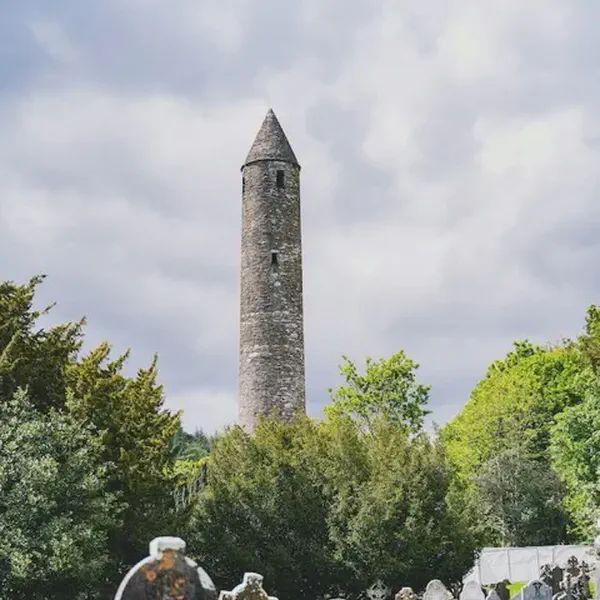On June 11, 1534 in Celtic History
Revolt in ireland of silken thomas fitzgerald

Thomas FitzGerald, 10th Earl of Kildare (1513?1537), also known as Silken Thomas (Irish: Tomás an tSíoda), was a figure in Irish History. He spent a considerable part of his early life in England. In February 1534, when his father, the ninth earl, was summoned to London, he appointed Thomas deputy governor of Ireland in his absence. In June Thomas heard rumours that his father had been executed in the Tower of London and that the English government intended the same fate for himself and his uncles. He summoned the Council to St Marys Abbey, Dublin, and on 11 June, accompanied by 140 horsemen with silk fringes on their helmets (from which he was given his nickname), rode to the abbey and publicly renounced his allegiance to King Henry VIII, Lord of Ireland.
In July he attacked Dublin Castle, but his army was routed. By this time his father had taken ill and died in London, and he had succeeded as tenth earl. He retreated to his stronghold at Maynooth, County Kildare, but in March 1535 this was taken by an English force under Sir William Skeffington while Thomas was absent gathering reinforcements to relieve it. The garrison was given the Maynooth Pardon, that is, they were all put to death.
In July Lord Leonard Grey arrived from England as Lord Deputy of Ireland; Fitzgerald, seeing his army melting away and his allies submitting one by one, asked pardon for his offences. He was still a formidable opponent, and Grey, wishing to avoid a prolonged conflict, guaranteed his personal safety and persuaded him to submit unconditionally to the kings mercy. In October 1535 he was sent as a prisoner to the Tower. Despite Greys guarantee he was hanged, drawn and quartered, with his five uncles, at Tyburn, 3 February 1537.
More From This Day










Battle of Sauchieburn during which King James III died attempting to subdue a group of rebel barons.
June 11, 1488